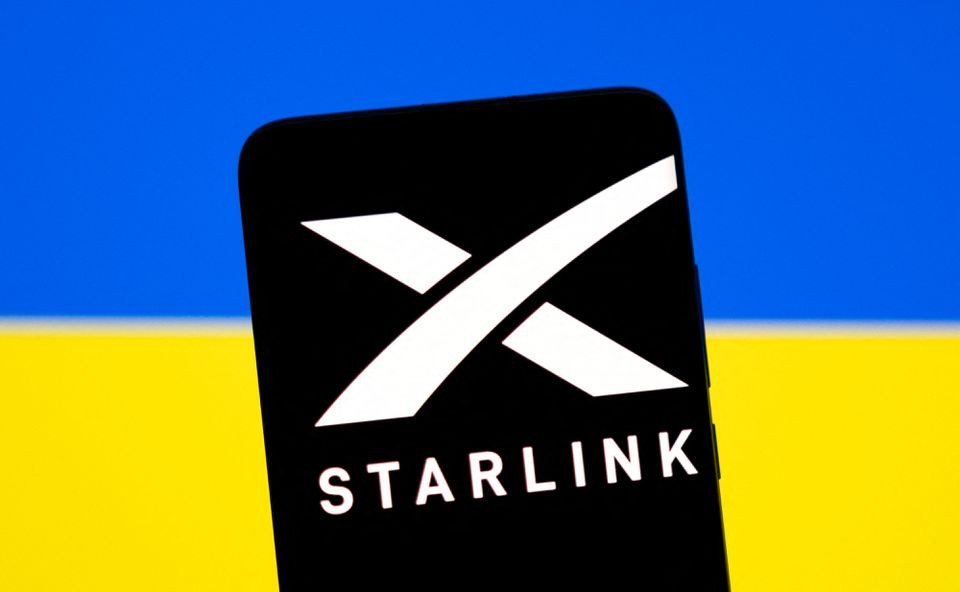SpaceX has officially launched its Starlink satellite internet service in Niger, marking a major step forward in the country’s efforts to enhance digital connectivity.
Elon Musk, CEO of SpaceX, announced the development on his social media platform, X, stating, “Starlink is now available in Niger.”
The introduction of Starlink comes as Niger continues to face significant challenges in internet accessibility. A large segment of the population has struggled with unreliable or limited connectivity due to the lack of extensive broadband infrastructure.
Starlink, which relies on a network of low-Earth orbit satellites, offers high-speed, low-latency internet without requiring traditional infrastructure such as fibre optics or mobile towers. This technology is expected to make a substantial impact, particularly in remote and rural areas where conventional telecom services have been scarce.
With the arrival of Starlink, Niger’s internet penetration rate is set to improve, bridging the digital divide and enabling more citizens to participate in the global online economy. Businesses, government agencies, and individual users can now access broadband speeds comparable to those found in urban centres, unlocking new opportunities for economic growth, education, and communication.
The service’s deployment is expected to enhance e-commerce, remote work, and digital learning, while also supporting essential services such as healthcare and emergency response. Additionally, improved connectivity may attract investment and innovation in the country’s tech sector.
While the expansion of Starlink has been met with enthusiasm, discussions surrounding affordability and accessibility remain. Ensuring that the service is within reach for the broader population will be crucial for maximizing its benefits.
As Niger embraces this technological advancement, Starlink’s presence is likely to reshape the digital landscape, paving the way for a more connected and digitally inclusive future.


